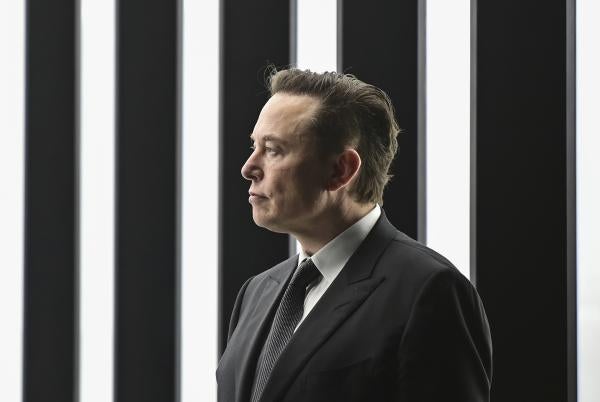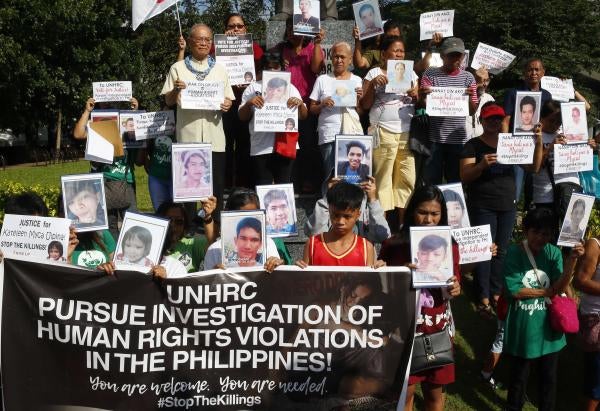The on-again-off-again celebrity relationship of the year is back in the news: billionaire Elon Musk once more seems set to buy Twitter.
Throughout the rocky romance, our concerns with the possible deal have remained constant.
First of all, some of Musk’s past statements give us pause, in particular how he describes himself as a “free speech absolutist.” It’s a term that initially may sound appealing to rights defenders, but it doesn’t hold up to closer inspection.
Freedom of expression is not an absolute right. Media companies, social media companies included, have to walk a fine line between protecting free speech and addressing online content and behavior that threaten people’s rights.
For example, over many years, organizations like Amnesty International have tracked the disturbing persistence of hate speech on Twitter and other platforms. It is disproportionately targeted at some groups more than others and drives people off those platforms, inhibiting their ability to participate in the public sphere.
Content moderation is thus tricky and needs to take a balance of rights in to account.
As my colleague, Frederike Kaltheuner, director of HRW’s tech and human rights division, points out: “An absolutist view on freedom of expression doesn’t wrestle with these complex challenges – to the detriment of those on the receiving end of harmful speech.”
Second, and more fundamentally, there are some very uncomfortable implications of any single individual having control over Twitter.
At the grass roots, the social media platform has become an essential space where social movements form and organize. At the grass tops, Twitter has influence among journalists and politicians like no other place on the internet.
So, decisions made at Twitter about what can be posted, and what content is amplified and how it’s amplified, have far-reaching consequences for human rights and for societies around the world.
And the real issue here isn’t simply about Musk or any other individual. With global information infrastructure like Twitter, the key issue is the need for more democratic oversight.





